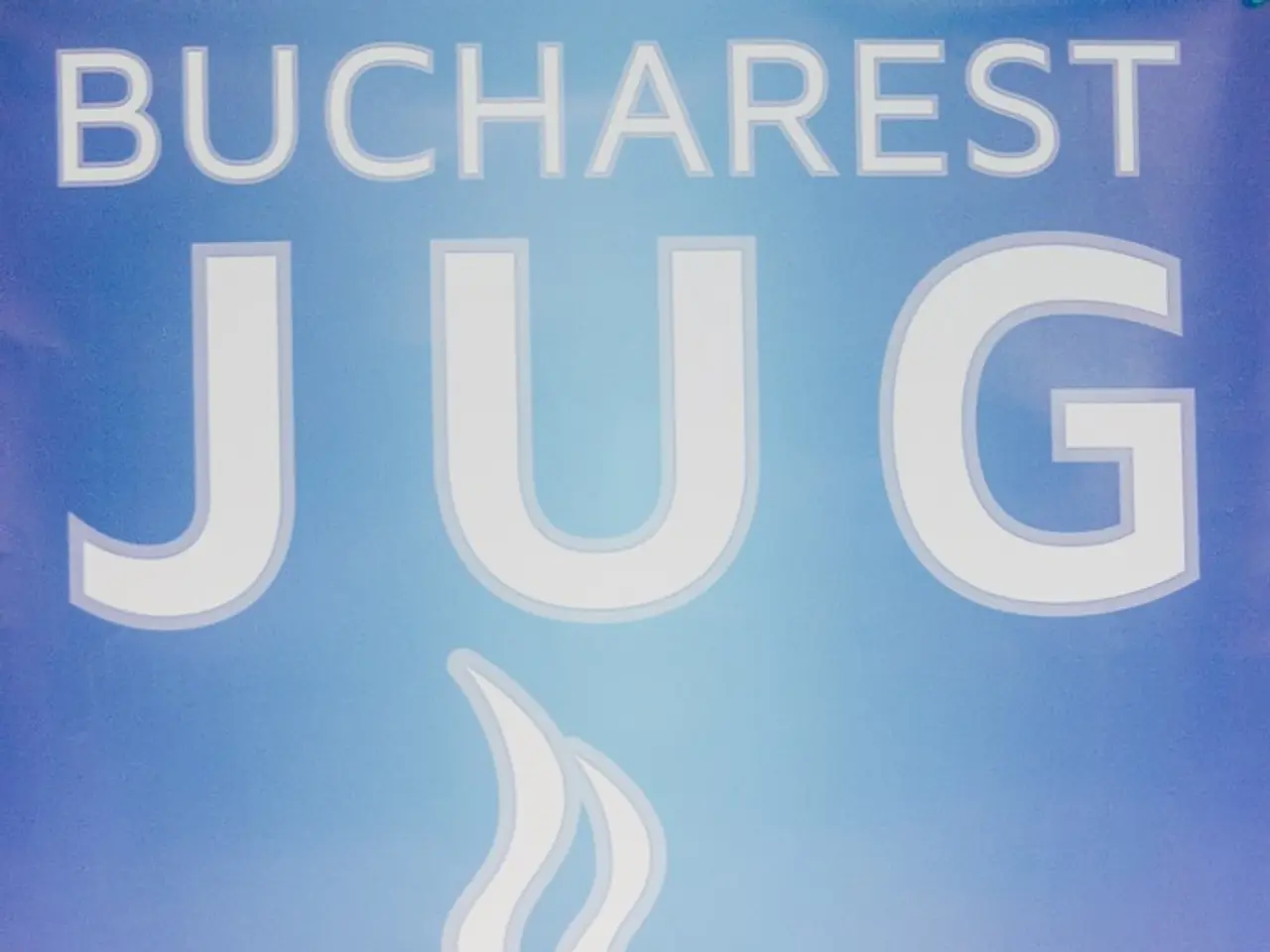Sparking Growth: Bundestag Approves Investment-Boosting Tax Package
German Parliament Endorses "Growth Amplifier" Legislation
Hop on board as the Germany's Bundestag gives the green light to the "Growth Booster," the black-red government's latest strategy to kickstart economic expansion. The CDU/CSU and SPD factions, as well as the government, gave the thumbs up this Thursday, with opposition from the Greens, Left, and AfD holding their ground.
Here's the lowdown on what's in store:
- Business Investment Boost: This rejuvenating plan offers businesses generous depreciation options on movable assets - think machinery, vehicles, and other economic goodies - from 2025 to 2027. Companies can kiss goodbye to 30% of their investment costs each year, thanks to this sweet tax break. After 2027, there's a plan for a gradual reduction in the corporate tax rate to keep the growth train rolling.
- Electric Vehicles Get the Green Light: Busy eco-conscious companies can now enjoy a tax advantage by investing in electric vehicles, with up to 75% first-year depreciation up for grabs. This is a prime opportunity for the automotive sector to get greener and make investments in electrification more affordable.
- I've-Got-Research-Funds Phase: The research allowance is getting a facelift to encourage corporations to increase R&D investments. The maximum assessment limit for the tax research allowance increases from €10 million to €12 million from 2026 to 2030. The scheme will also expand eligible expenses and offer simplified flat-rate deductions to slash red tape.
- Corporate Tax Rate Drop: A drop in the corporate tax rate by one percentage point per year, starting in 2025, is the cherry on top of this economic package. By 2030, the overall corporate tax burden is expected to fall below 25%, making Germany an even more attractive destination for businesses.
The Bundesrat is slated to give the green light on July 11, but don't worry about stray Euros - the estimated tax losses for the federal government, states, and municipalities add up to a staggering €48 billion by 2029.
This week, the government and states reached a deal on covering the costs through the government law after some lively negotiations. The federal government will cover losses for municipalities in full and partially for the states until 2029, with sales tax revenues footing the bill.
Stay tuned for more updates on this economic rollercoaster ride, folks! 🚀💰
Sources: ntv.de, AFP, German economists, tax experts, and government data.
Additional Insights:
- While the Growth Booster aims to stimulate economic growth and investment, it is widely recognized that the tax cuts will increase the budget deficit for the federal government, states, and municipalities. Critics argue that the fiscal costs may outweigh the economic benefits, potentially undermining Germany's long-term financial stability.
- The Growth Booster also includes assistance measures for the housing market, such as expanded home renovation subsidies, to help boost investment in the real estate sector, particularly in residential construction.
- The package includes new tax benefits for companies that launch digital platforms or invest in research and innovation to support the digital economy and tackle the ongoing digital transformation of the German economy.
The Commission has also been asked to submit a proposal for a directive on the finance sector, considering the recently approved investment-boosting tax package in Germany's politics. This new directive could potentially influence the business landscape by encouraging more finance-related investments in the general-news context.
The tax breaks and depreciation options outlined in the Growth Booster strategy could spur investments not only in business and machinery but also in electric vehicles, putting Germany in a competitive position in the global finance, business, and electric vehicle finance markets.




